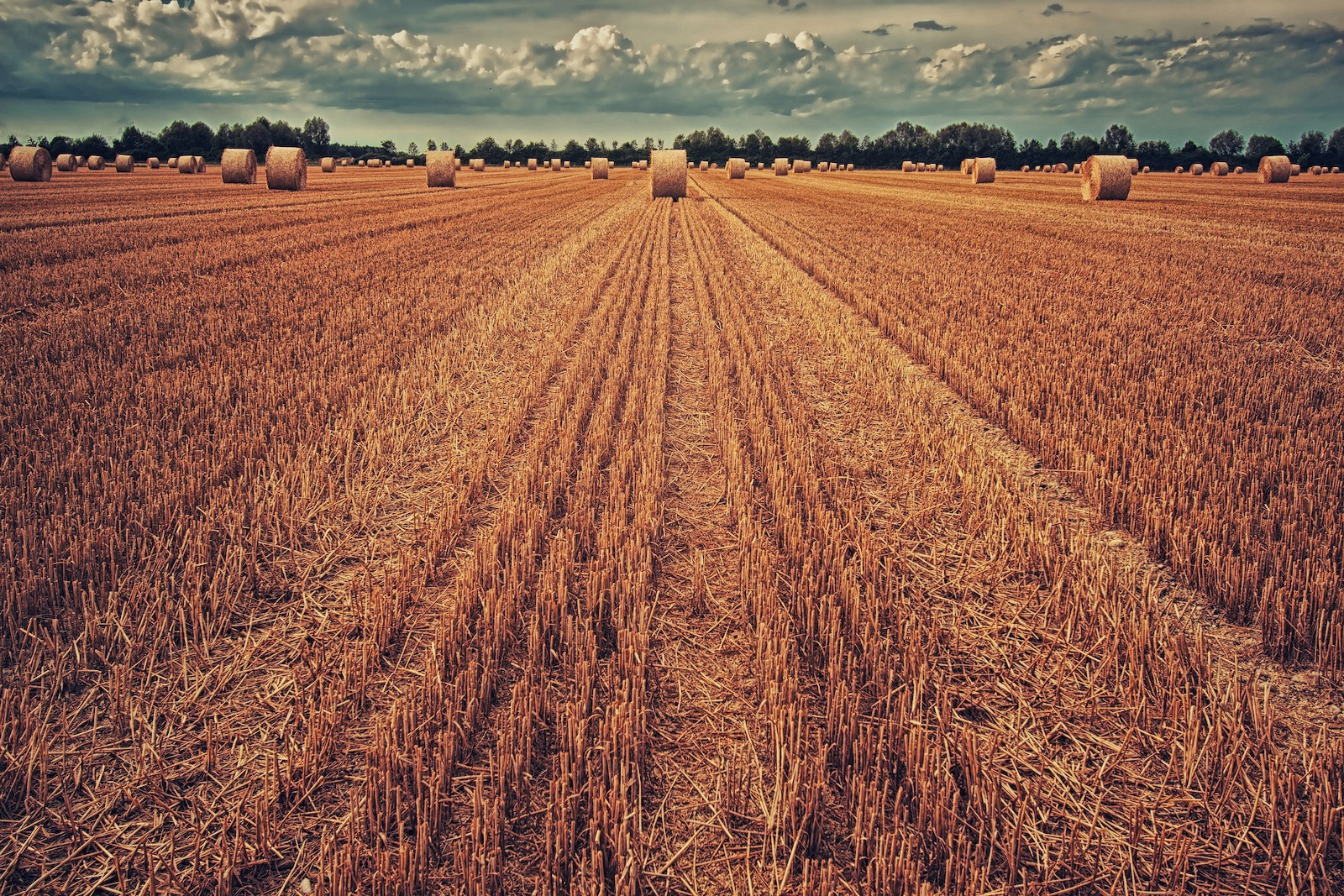
Land-locked Kazakhstan Wants to Feed the World
The war in Ukraine is still impacting global food supplies with the world’s poor facing horrific levels of food insecurity. Developing and underdeveloped countries have traditionally relied upon Ukrainian and Russian wheat exports.
Last year, due to the economic sanctions on Russia, and its naval blockade of Ukrainian ports, global wheat supplies saw a severe contraction. Although sanctions on the export of Russian fertilizer and the blockade of Ukrainian ports were eased slightly, poorer nations were still impacted. However, there was some positive news. Over 600 cargo ships delivered Ukrainian wheat to parts of Asia, Africa, and Europe when Russia agreed to ease its blockade of Ukrainian ports on the Black Sea.
The challenge now for Ukraine goes beyond exporting wheat but producing it. Russia currently occupies large tracts of Ukrainian farmland and with fighting ongoing most of this farmland remains fallow and what is grown in areas occupied by Russian forces, is shipped back to Russia. The issue this year is therefore not about the delivery of wheat, but rather, Ukrainian farmers’ abilities to safely harvest it.
According to forecasts, in 2023, Ukraine will still be able to produce upwards of 15 million tons of wheat, which is 37% less than in 2022, and almost 60% less than two years ago. With Ukraine being one of the world’s largest wheat exporters, after Canada, the United States, and France, the question is whether other countries will be able to make up for any shortfalls. On top of that, considering that the world’s largest wheat exporter is still Russia, it is still under tight economic sanctions.
Could a country like Kazakhstan, for example, which is one of the world’s top wheat exporters, be able to make up for the shortfall in global supplies caused by the war in Ukraine?
Kazakhstan traditionally supplies wheat to its neighbors including Uzbekistan, Tajikistan, Kyrgyzstan, and Azerbaijan. Altogether they account for over 80% of its total exports, while other countries importing wheat include China, Iran, Turkey, and Afghanistan.
Additionally, wheat-exporting countries typically have access to seaports. Likewise, Ukrainian wheat importers like Egypt, Laos, Pakistan, and others have access to seaports or are relatively close to them.
Considering that Kazakhstan is a landlocked country, how it exports its wheat can be complicated. To avoid using Soviet-era railway lines, exports would be possible to Pakistan via Afghanistan. Pakistan imports upwards of 3 million tons of wheat annually, whereas Afghanistan is already one of the largest importers of Kazakh wheat. Kazakhstan exports wheat and other goods to Iran and others through the Caspian Sea, but exports must travel through Russia to get to the Middle East and elsewhere.
According to an analysis by the United Nations, Kazakhstan is expected to export around 8 million metric tons of wheat in 2023, which has remained steady since 2018. Of course, this could be impacted by drought and other climate change-related events, but there are also local political circumstances that may affect the amount that it exports.
Although Pakistan would seem to be the most logical destination for wheat exports from Kazakhstan, the route goes from Kazakhstan via Uzbekistan. At the beginning of February, Uzbek authorities suddenly banned all railroad transits from Kazakhstan to Mazar-e-Sharif in Afghanistan. The official reason is a disagreement with Afghan railroad servicing obligations. Though the matter might be resolved, many experts predict further problems down the road.
It is also possible that due to economic sanctions against Russia, Russian wheat would be used for internal consumption in Kazakhstan, which would free up Kazakh wheat for export. But this would greatly depend on the situation in Ukraine and whether relations with Russia further sour.
Ultimately, Kazakhstan does have the capacity to supply more wheat internationally, though much will depend on external factors and the willingness of governments to facilitate the export and purchase of Kazakh wheat.

